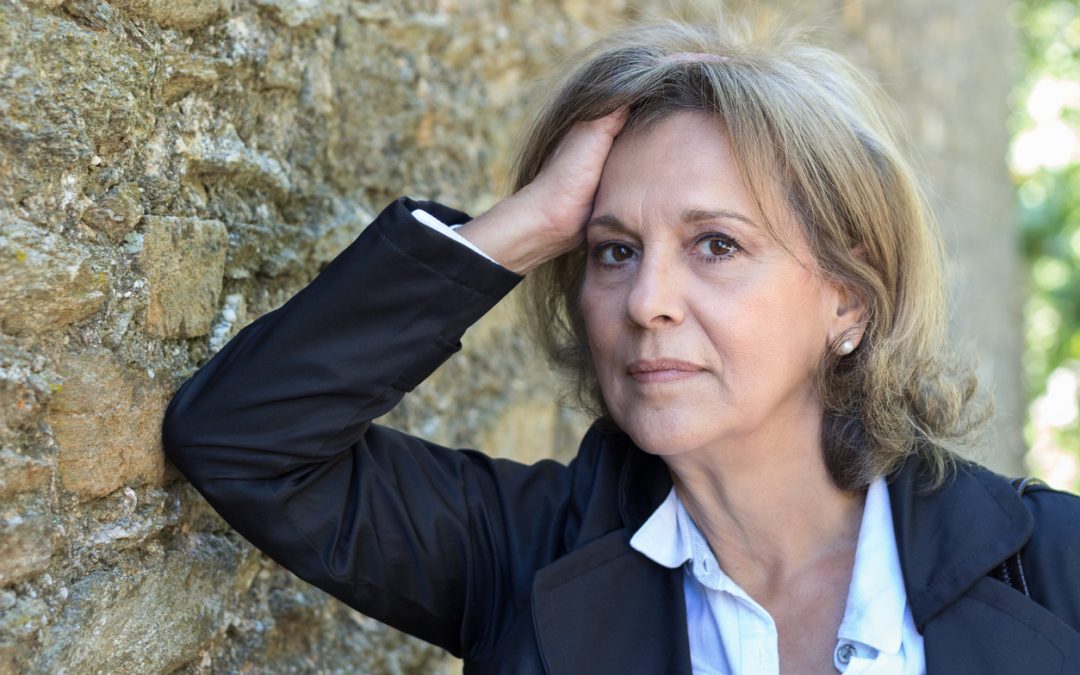
camera, confident expression, hand on head.
On International Women’s Day last week, a flood of statistics about gender inequities were shared.
It’s fair to say that overall the financial situation for women is slowly improving. But it’s also true that most indicators are coming off such a low base, anything but an increase would be catastrophic for the majority of women’s financial wellbeing.
What are the key indicators for women in retirement?
Three in particular caught our attention:
- Super savings, age 55-64, where the median holding for men is $183,000 and for women is $118,600. This makes the super nest egg for women just 65% or two-thirds that of the nest egg for males.
- Personal income in retirement – is accessed by 93% of men, but just 70% of women
- Fewer working hours – Part-time roles are held by 44% of women, and 16% of men.
Additionally there is a significantly higher rate of women who stop or reduce work to be a primary care giver to a loved one.
What do these statistics mean in practical terms?
We know the accumulation of retirement savings is best described as a long, slow burn. The long-term compounding of savings results in the best retirement income outcomes – i.e. the more money you have invested for longer means the final amount is maximised.
Fragmented work, lower pay and time out for care duties are all more prevalent for females than for males, so it is unsurprising that the female median superannuation balance is just 66% of that of a male.
What can be done?
Advocating for wage parity and the Superannuation Guarantee Contribution (SGC) to be paid to those on maternity leave is a great start, but hardly likely to benefit those who are already in retirement.
Does this mean it’s too late to do anything for older women?
Or are there still ways to boost low retirement savings?
As a general philosophy, the team at Retirement Essentials believes that it is never too late to review your savings and learn about the ways to increase your potential income.
One size does not fit all, of course, so it’s important to consider two different types of female retirement scenarios and how the needs and solutions may vary considerably.
If you’re single
Firstly, let’s consider the options for single women.
If retired, you are more likely to be on a full or part Age Pension, than single men of the same age.
If you own your own home and are on the full single Age Pension of $967.50 per fortnight (66% of the couple rate), including supplements you will be getting by, but far from living an affluent lifestyle.
Those on an Age Pension who do not have their own home are really doing it tough – as approximately 30% of their pension income will be needed to cover rent. The rental supplements help, but if living in a city with, rising rental costs, they do not make a significant difference.
Or perhaps you are a single female homeowner on a part pension who finds home maintenance and transport costs are placing a strain on your income as well, you may wish to have a retirement reset and rethink.
Every individual’s situation can be difficult in different ways, but Retirement Essentials experienced financial advisers are continually helping those on low incomes to better understand the basics in order to improve their situation.
Here are the steps they can assist with:
- taking control
- arming yourself with information, enabling you to seek supplementary advice
- setting realistic goals
- establishing new budgets
- maximising each and every entitlement
- considering other forms of income, perhaps part-time work
- researching other forms of support.
Quite some time ago Retirement Essentials saw the need for affordable financial advice for those grappling with the complexities of retirement income. We’re pleased to have assisted many single women to make their own best decisions after talking through their most pressing issues.
If you’re one of a couple …
… and in retirement, you may also wish to think about taking control – more particularly the extent of your involvement in the household decisions about money.
We’ve all heard the old tale about the widow who is suddenly confronted with a cheque book and has no clue how to even begin to manage her money
Happily this situation would rarely still occur, but it can be the case that one half of a couple is more responsible for managing money and retains control over joint financial information and access to funds.
This is far from ideal for many reasons, one being that it can lead to financial coercion. But also because it is a shockingly steep learning curve if the financially active partner leaves or dies unexpectedly.
If such a lack of information or control describes your current financial involvement and you believe that you are not sufficiently active in the decision-making, perhaps it’s time to step up.
Key things to consider here are:
- how to broach the subject of more shared decision-making and financial management
- why it’s important to be an equal partner, regardless of comparative super balances
- how to upskill your retirement income knowledge, if necessary
- the range of couples’ entitlements and how your assets can be used to advantage when you know all the rules
- the desirability of speaking together with an adviser to maximise entitlements or weigh up large financial decisions.
There’s a lot involved in successful management of your retirement income. If you are on, or nearly qualify for, an Age Pension, maximising your entitlements is a critical part of ensuring your income is as high as possible. If you are self-funded there are many rules attached to superannuation and contributions which can be leveraged after due consideration of all the trade-offs. The important thing to remember is that being an active and informed decision-maker is the best plan of all. Our advisers report that some of the most productive advice consultations occur when both partners are actively involved – or when single customers make the decision to take control.






Hi just want other women to be aware as I was obviously very naive.
After working fulltime for last twenty years ,I needed open heart surgery my four valves not working , with one year left to eligible pension age I decided to leave my job as with all my sick pay and long service leave.
My shock came on applying for my pension I had worked most of my life and paid my taxes, I did understand I may not get full entitlement as my Husband was still working but was shocked to be declined as Husband’s income to high which I may add is under $90.000 I wrongly thought working all those years I qualified for my aged pension yes a reduced one.
As I am seven years older than my Husband I will be 74 before I can receive a pension or die first, women need to be aware of this I resent I am no longer independent I think this is wrong, women penalised again after raising six children and working contribuiting taxes I am rejected as dependant on my husband. Beware all you cougars out there.